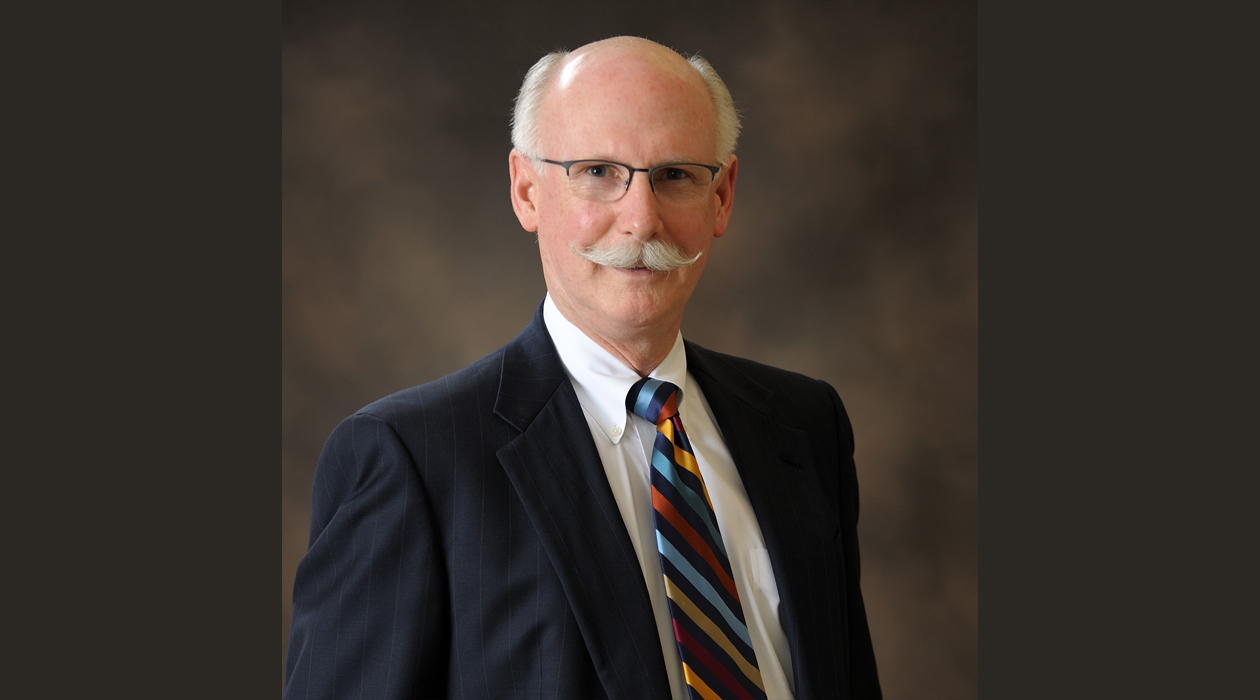Endowment by Scott Fisher to support IGB theme

The IGB research theme Multi-Cellular Engineered Living Systems is supported by an endowment from Scott Fisher, pictured. / Photo provided by Scott Fisher
Scott Fisher has established an endowment, which will support the research of a theme at the Carl R. Woese Institute for Genomic Biology. The Scott H. Fisher Multi-Cellular Engineered Living Systems theme (M-CELS) will use the funds to create machines made of living cells that can be used to solve real-world problems.
After earning a bachelor’s degree in psychology and a master’s degree in computer science, Fisher started his career with the computer manufacturer Digital Equipment Corporation. He then served as the Director of Information Technology at Philips NV and Remmele Engineering. Fisher recently retired from his position as a program manager with the water, hygiene, and energy technologies firm Ecolab.
Over the past few years, Fisher has been an enthusiastic supporter of the University of Illinois Urbana-Champaign, establishing several funds, including the Scott and Bonita Fisher Graduate Student Research Support fund at the IGB, Scott H. and Bonita J. Fisher Endowment in the Department of Computer Science, Scott H. and Bonita J. Fisher Endowment in the Department of Mathematics, and gifts to Illinois main library and Grainger engineering library.
“It’s wonderful to see all the new developments at the university,” Fisher said. “Although I was in computer science, I have become interested in genomic and medical research. I had the opportunity to meet Gene Robinson and a few of the IGB researchers on one of my visits and I realized that they were doing spectacular work in translational medicine.”
Fisher was particularly interested in the M-CELS research theme because of its focus on cellular biology, neuroscience, engineering, and computer science. The theme works on systems that are composed of living cells and extracellular matrices and are able to perform functions that are absent in natural systems. Two research programs, bio-hybrid robots and biological processors, form the foundation of the research theme.
“Although I am not an expert, I was stunned at how cells can align themselves to accomplish different things. It seems like there are interesting possibilities that can come out of this, like having a biological engine that can repair different types of injuries,” Fisher said. “These are the sorts of topics that you can study at a place like the IGB, where you have extraordinarily smart people who come together in a theme.”
“We are grateful to Scott for his generosity. This continuous source of support will significantly enhance the capabilities of the entire M-CELS theme, and we are deeply appreciative of Scott’s commitment to our team science mission,” said IGB Director Gene Robinson.
